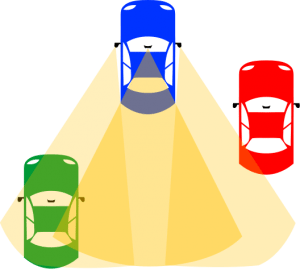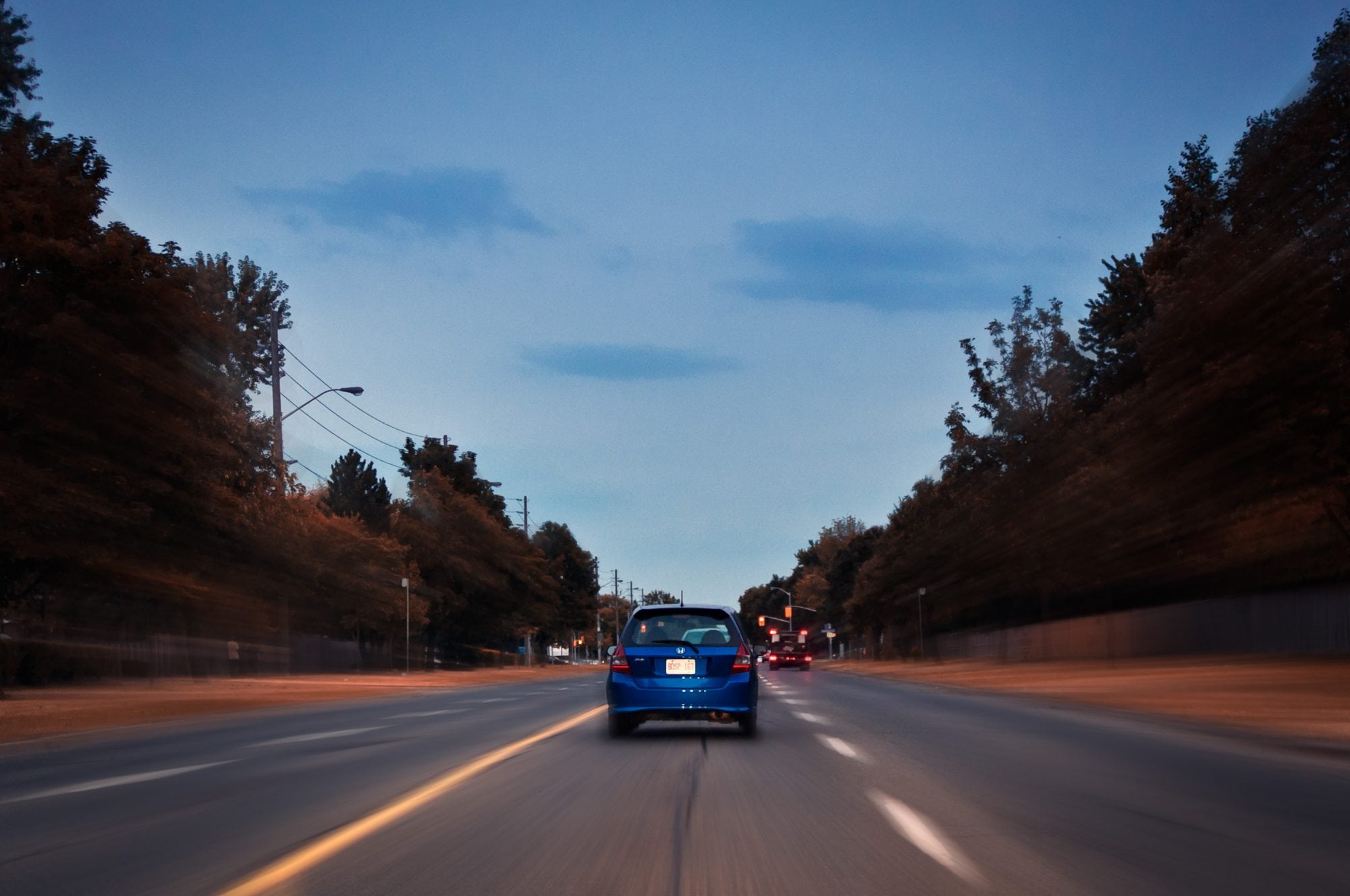There are many things that can lead to you being involved in a car crash. If you want to avoid that eventuality, there are some steps you can take. You can’t account for other people’s driving habits, but you can think about your own. Sure, you might still be involved in a crash. There’s always a chance of something bad happening. But the chance becomes a lot slimmer when you take practical steps to avoid something like that happening to you.
It’s not difficult to change your driving habits and do things that make you safer on the road. And it’s certainly something that is worth doing. We all care about the style and driving experience a car offers us as drivers. But, in truth, there is nothing more important than safety on the road. Without that, nothing else really matters. So, what are the things that you should start to do in order to make yourself and your family safer on the road? Well, read on and find out now.
Drive the Right Car
First of all, you’ll want to make sure that you’re driving the right kind of car. Some people are more comfortable driving small cars; other drivers prefer bigger cars. By ensuring that you have a car that suits your preferences and meets your needs, you will be safer on the road. You should also always research the safety features when you are buying a new car. Manufacturers like Volvo are very precise about their safety standards. Some cars are safer than others, so it’s worth keeping this in mind when you’re buying. Euro NCAP carries out extensive safety testing on every car that gets released, so use this resource to learn as much as possible.
Keep it in Good Shape
When you have the car that’s right for you and your needs, you will need to make sure that it’s kept in top condition. If it’s not, then the car won’t be as safe as it can be. Even the things that might seem minor can have an impact on the overall safety of your vehicle. For example, not having the right tyres or the right oil levels will make the car less safe. You should make sure that you get the wheels aligned regularly. This will make your steering safer and more precise. And you’ll be much more able to stay in control of the vehicle at all times, which is, of course, vital to safety.
Drive Differently At Night
Driving at night is different from driving during the day. It’s not difficult to understand why. When there is less light available to drivers, they are more likely to make mistakes and cause accidents. All the statistics show that more incidents occur at night during the day. So, you should make sure that you always drive differently during the night. The risks are greater, so you need to be more alert when you’re on the road. You should always make sure that you have the right headlight settings to match the level of natural light outside. And you should also slow your speed a little and be more vigilant than normal.
Think One Step Ahead
Many incidents on the road can be avoided if drivers think one step ahead. You don’t want to be involved in a crash that was avoidable, so don’t let this happen. You can only think one step ahead on the road if you have your eyes peeled and your complete concentration on the road. So, first of all, you’ll need to eliminate anything that might distract you from the road and the job of driving. Then you can learn to read the road and think about the risks that might emerge next. Take extra time to look for less obvious vehicles like bikes. Failing to think one step ahead can lead to bumps, but these bumps can cause things like whiplash. This article on the Common Injuries Sustained In Car Crashes shows how prevalent this problem is.
Be Aware of Blind Spots
 Some cars have blind spots. If yours does, you need to be aware of what these blind spots are and what you can do to prevent them from becoming a big issue for you. You can take extra care and time to look for hazards when you know where your blind spots are. And it’s not just about considering your own blind spots. You should also consider where other drivers’ blind spots are when you’re on the road. This is particularly important when you are driving close to vans, trucks and lorries. Larger vehicles have more and larger blind spots, and you don’t’ want to be caught out by them.
Some cars have blind spots. If yours does, you need to be aware of what these blind spots are and what you can do to prevent them from becoming a big issue for you. You can take extra care and time to look for hazards when you know where your blind spots are. And it’s not just about considering your own blind spots. You should also consider where other drivers’ blind spots are when you’re on the road. This is particularly important when you are driving close to vans, trucks and lorries. Larger vehicles have more and larger blind spots, and you don’t’ want to be caught out by them.
Turn Off Your Phone
Distractions in the vehicle are plenty. But one of the major distractions you will face comes from your phone. When you don’t turn your phone off, you will find that every buzz or ring that you hear distracts you. Even if you don’t pick up the phone or check a message, you can still be distracted by it. So, if you truly want to eliminate distractions from your vehicle when you’re driving, you should make sure you turn the phone off. If you do this as soon as you get into the car, you will be able to focus on the road ahead without thinking about anything else. It’s a very simple thing to do, but it really can have a big impact on the way in which you drive your car.
Don’t Be Distracted by Aggressive Drivers
You’re never going to escape aggressive drivers. As long as you’re not one of those aggressive drivers, you should try to ignore them. If someone does make an aggressive move on the road that affects you, it can be easy to get annoyed. This can then lead to you also driving in an aggressive manner. But two wrongs don’t make a right in this context. If you start to drive aggressively, it will have an impact on someone else who was probably innocent all along. It’s not a good way to drive, so don’t be distracted by aggressive drivers. Don’t be dragged down to their level.
Adapt Your Driving to the Conditions
The weather conditions always have an effect on the way you should drive. People who prepare their vehicle and drive in the same way all year round will not be best prepared. You need to think about how your car responds to abnormal weather conditions. The best and safest drivers make sure that they change the tyres on their car before they hit the road during winter. That ice and snow can have a big impact on the way you drive if you’re not careful. And you should prepare the paintwork and engine for a particularly hot summer period too.
Increase Your Driving Capabilities with Extra Lessons
Finally, it’s worth thinking about whether or not you should take some extra driving lessons. This might seem like an unnecessary move. But it can actually have a big impact on your road safety. When you are more skilled, you’re also better equipped to deal with any of the things that might be thrown at you on the road. There are many advanced driving courses that you can take. Or you could simply top up your existing skills with a few extra driving lessons every few years. How you approach this is up to you, but it’s definitely something that you should consider.







